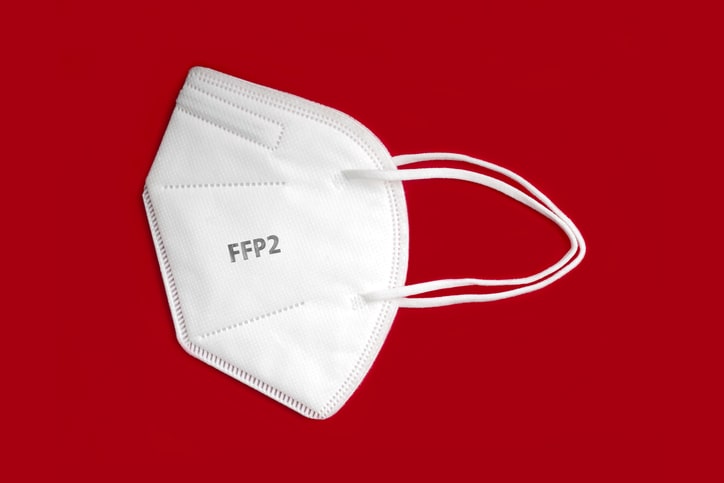
In a letter to congressional leaders, the Renal Physicians Association (RPA) and the American Society of Nephrology (ASN) called for a halt in reductions to Medicare payments to nephrology practices taking part in the Comprehensive Kidney Care Contracting (CKCC) option of the Kidney Care Choices (KCC) model.
The Centers for Medicare & Medicaid Services (CMS) launched the KCC model in 2019. The intent, as the RPA and ASN state in their letter, was “to reward nephrology practices and nephrologists who invest in delivering care to their patients proactively by shifting from a fee-for-service reimbursement mechanism to a value-based structure where nephrologists capture savings from lowering medical spending while improving quality.” The model offers capitated payments to nephrologists to manage patients with chronic kidney disease stages 4 and 5.
The COVID-19 pandemic led to lower utilization of services in the CKCC model compared with the CMS benchmark established prepandemic. According to the organizations’ letter, “Unfortunately, CMS made a decision in recent months to apply what’s known as a retrospective trend adjustment (RTA) to the ‘benchmark’ because they did not accurately project the baseline funding level for program years 2022 and 2023. This means that reimbursement for the patient care provided in the model will be drastically reduced long after the care has already been provided.”
Although CMS corrected its approach for 2024, it did not adjust the impact on the two prior years. “This leaves nephrologists with difficult choices to make up for the funding loss,” the RPA and ASN wrote. The organizations warned that the payment cuts could cause nephrology practices to exit the KCC model. They urged Congress to request that CMS not apply the RTA to the CKCC benchmark for 2022 and 2023 ahead of the April 30, 2024, deadline.
The two organizations also sent a letter outlining their concerns to leaders in the US Department of Health and Human Services and CMS. They asked that CMS apply narrower risk corridors in CKCC from the start of the model to limit the maximum exposure any participant has to a positive or negative 2% of the benchmark and recommended additional changes to stabilize the model and encourage continued participation for the benefit of kidney patients.







 © 2025 Mashup Media, LLC, a Formedics Property. All Rights Reserved.
© 2025 Mashup Media, LLC, a Formedics Property. All Rights Reserved.